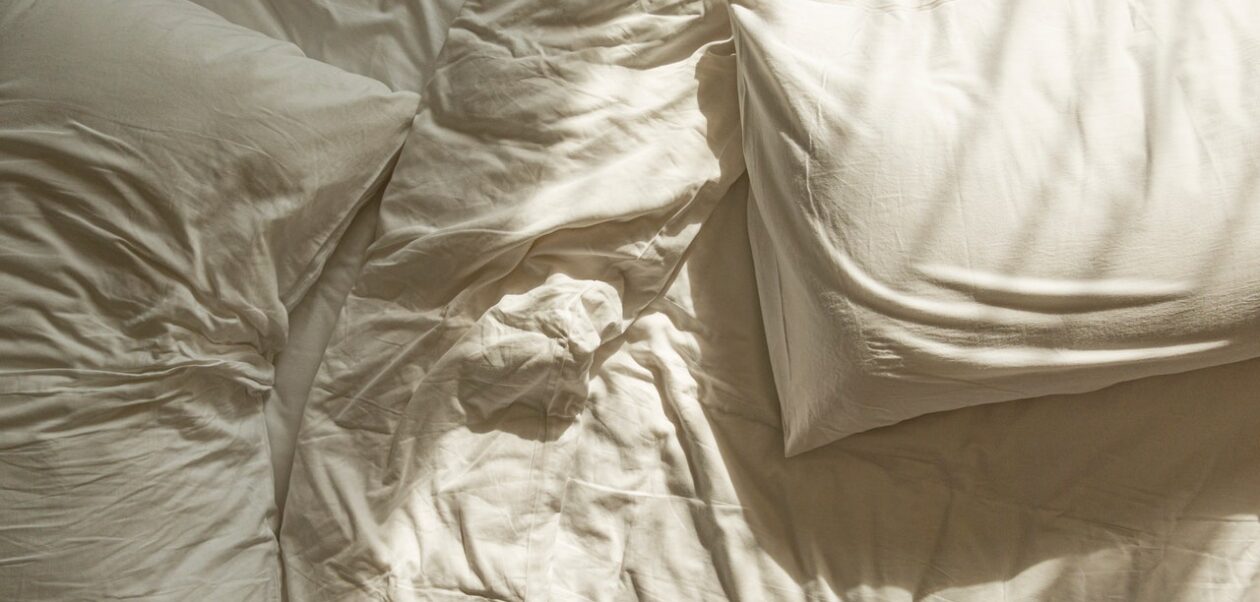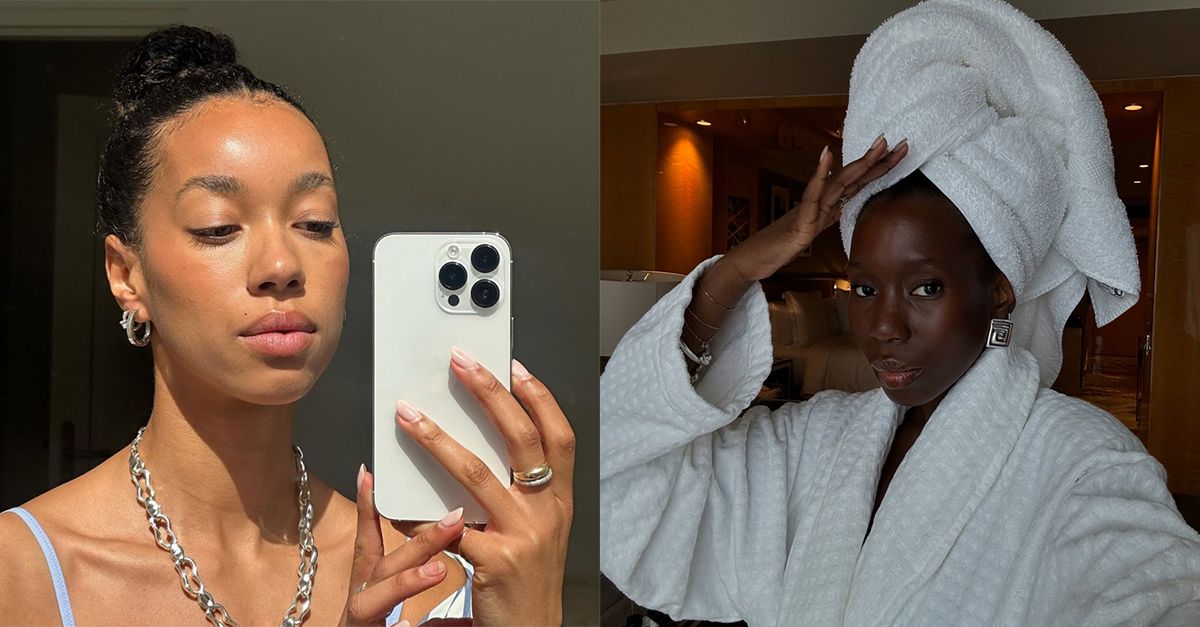Everybody loves to talk about sleep. The most recent hot-button topic is a battle of the sexes, in a way: Do men or women need more sleep? The buzz around the topic has been gaining traction—rumor has it women need more—but is there truth to it?
In general, sleep, whether too little or even too much, can impact your entire day—mood swings, headaches, and low productivity are just some of the immediate effects. Poor sleep over a long period, however, can lead to far more serious health issues. While the importance of quality sleep is universally acknowledged, debates about optimal sleep duration remain. (I, personally, would like to live like Dakota Johnson and get 14 a night.)
The widely accepted recommendation is seven to nine hours per night, but does this guideline apply equally to everyone?
Do women need more sleep than men?
Recently, there have been many discussions on social media about whether women require more sleep than men. Christine Blume, MD, a sleep scientist at the University of Basel, explains her perspective: “The question of whether sleep needs to differ between men and women does not have a definitive answer with current research that is available.” Dr. Blume points out that most studies on sleep measure how much people report sleeping. They don’t actually measure their actual needs. “When men and women were asked how much sleep they need, women reported needing about 12 minutes more on average, which is hardly a significant difference,” she explains. And interestingly, as people age, men often require more sleep than women.
Sleep and life stages
Age and life circumstances significantly influence sleep duration. Children and teenagers naturally need more sleep, while older adults often sleep less at night, sometimes supplementing with naps during the day. For women, sleep can be disrupted by life events like parenting. “Mothers, particularly of young children, often get less sleep as they wake frequently during the night to care for their kids—yes, even in 2025,” notes Dr. Blume. Breastfeeding mothers face additional challenges, as their sleep rhythms are dictated by their baby’s needs.
Hormonal fluctuations can also play a role. Many women notice changes in their sleep throughout their menstrual cycle. “The first phase of the cycle, especially around ovulation, tends to support deeper, more restful sleep,” says Dr. Blume. “However, sleep can worsen during the second phase, particularly for those with premenstrual symptoms.”
Menopause presents another significant challenge. “Night sweats and hormonal shifts during menopause can disrupt sleep, although research on this stage of life remains limited,” Blume adds, noting the historic lack of focus on women’s health in research.
How much sleep does one really need?
While seven to nine hours is the general recommendation, Dr. Blume emphasizes that individual needs vary. “There is no one-size-fits-all answer,” she says. What’s clear, however, is the impact of insufficient sleep.
The cost of poor sleep
Too little sleep can take a serious toll on both physical and mental health. “Lack of sleep weakens the immune system, making us more susceptible to infections,” Dr. Blume explains. Chronic sleep deprivation increases the risk of metabolic disorders such as obesity, type 2 diabetes, and high blood pressure.
The mental health effects can be equally severe. “Mood deteriorates with poor sleep, and over time, this can lead to serious conditions like depression,” Blume notes. Women, statistically more prone to depression, often experience sleep disturbances as a symptom, creating a vicious cycle.
The Bottom Line
Whether you’re a man or a woman, ensuring adequate sleep is critical for maintaining overall health and well-being. While the exact number of hours may differ for each individual, the benefits of prioritizing quality sleep are universal.




